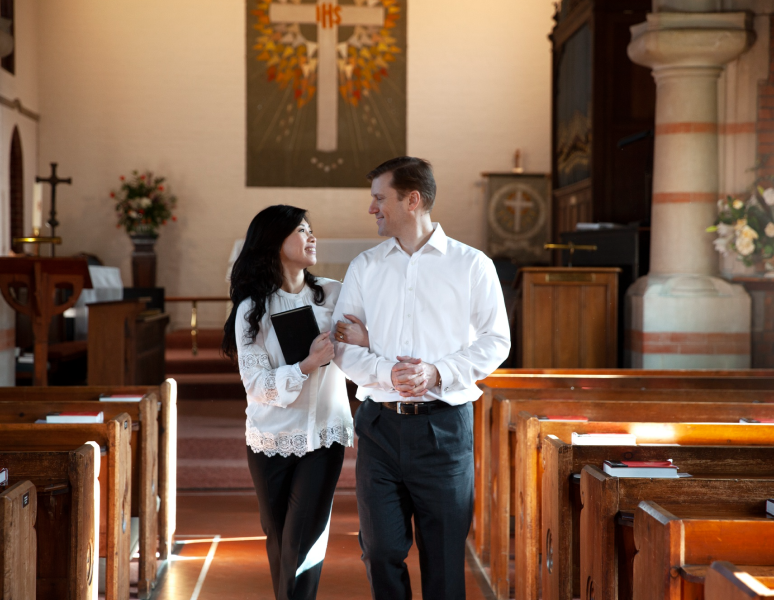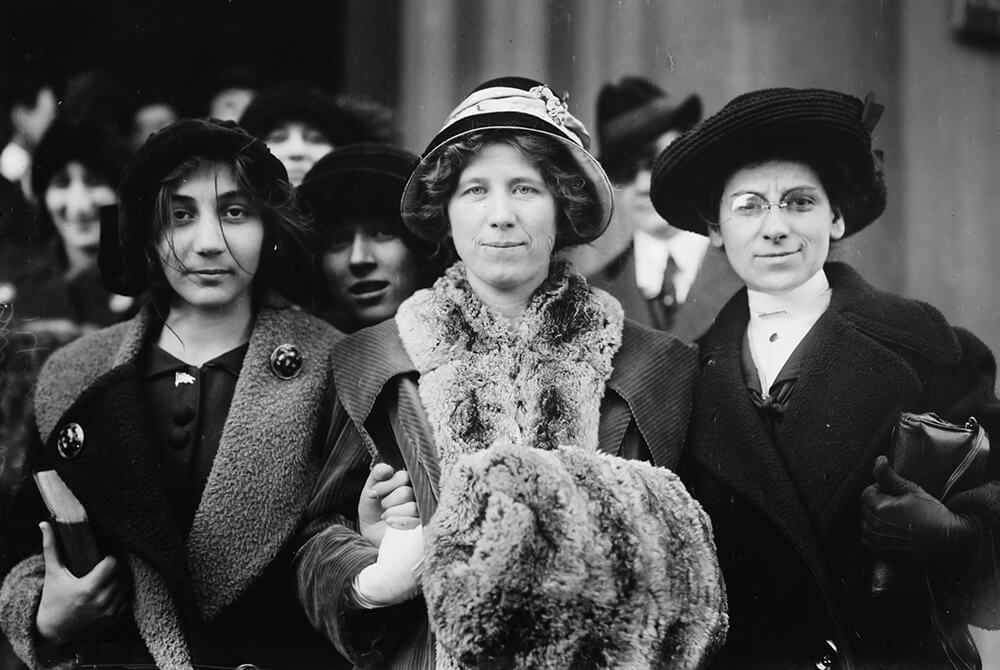Engaging in mission work demands resilience and determination. Yet, even with these qualities, embarking on this journey alone can be an overwhelming endeavor. Of course, missionary work presents its own set of challenges when undertaken within a group context as well.
Marion Clifton possesses firsthand knowledge of the demands of mission work, understanding its strenuous nature. His objective extends beyond merely connecting with the unchurched; he aspires to introduce Christianity to Arab communities.
The Arab World Outreach (AWO) organization strives to facilitate authentic relationships within Arab societies. According to Clifton, AWO represents a worldwide alliance of churches committed to fostering community through acts of reconciliation, peacemaking, and collaboration.
Inherent in this pursuit is not only resistance but also heightened risks within the regions where these volunteers conduct their mission. How then can one effectively surmount these trials and barriers? How can they ensure that the message reaches Arabs beyond those residing in the United States?
Why Is Mission Work Important — Even in Unsafe Areas?
Engaging in religious mission work, even in dangerous areas, holds profound significance that transcends the inherent risks involved. Such endeavors are driven by a deep sense of purpose, compassion, and a commitment to making a positive impact on the lives of individuals and communities. The importance of religious mission work in perilous regions can be understood through several compelling reasons.
First and foremost, religious mission work embodies the principles of selflessness and empathy. Volunteers who choose to carry out these missions often do so with the genuine desire to alleviate suffering, provide hope, and contribute to the betterment of society. Their unwavering dedication reflects the teachings of their faith. It also shows an earnest belief in the transformative power of spirituality.
Secondly, religious mission work serves as a bridge of understanding and unity in diverse and often divided communities. It can promote dialogue and mutual respect among different religious, cultural, and ethnic groups. As such, fostering an environment of tolerance and harmony. In areas where tensions run high due to various factors, the presence of individuals committed to spreading messages of peace, love, and compassion can have a profound impact on fostering a more cohesive society.
Furthermore, mission work in dangerous areas can bring about lasting change by addressing root causes of conflict, poverty, and instability. By focusing on humanitarian efforts, education, healthcare, and community development, mission workers can help break the cycle of despair. They can provide practical solutions that contribute to the overall well-being of the local population. This approach not only tackles immediate challenges but also lays the foundation for a more prosperous and harmonious future.
How to Stay Safe During Dangerous Missionary Work
Engaging in mission work in dangerous areas demands a thoughtful and strategic approach to ensure the safety of both mission workers and the communities they aim to serve. The challenges and risks are certainly formidable. With careful planning and adherence to best practices, though, it is possible to carry out meaningful work while minimizing potential hazards.
First and foremost, comprehensive risk assessment is paramount. Mission organizations must conduct thorough evaluations of the area’s political, social, and security conditions. This includes understanding local dynamics, potential sources of conflict, and areas of instability. Armed with this information, organizations can make informed decisions about whether the risks outweigh potential benefits. They can also decide whether adequate measures can be implemented to mitigate these risks.
Collaboration with local communities is another essential aspect of safe mission work in dangerous areas. Building relationships of trust with local leaders, authorities, and community members is instrumental in navigating unfamiliar terrain. Their insights can provide critical guidance on navigating sensitive issues, understanding cultural norms, and identifying potential danger zones. Moreover, involving the local population ensures that the mission’s goals align with their actual needs and desires, reducing the potential for misunderstandings and conflicts.
Security measures should never be compromised. Mission organizations must invest in the training of their volunteers or staff to handle emergency situations, first aid, and conflict resolution. Adequate communication protocols should be established, including regular check-ins and emergency response plans. Depending on the level of risk, it may be necessary to hire professional security personnel or work in coordination with local security forces to ensure the safety of all involved.
The main focus is to increase the likelihood of positive outcomes while minimizing risks to their volunteers and the communities they serve.
Funding the Most Important Mission Work
Elevating the level of giving within the church takes on a heightened significance when it comes to missionary work in dangerous areas. The challenges and risks associated with operating in such regions often demand additional resources. These ensure the safety of volunteers, the effectiveness of initiatives, and the sustainability of impact. Increased giving certainly bolsters the logistical aspects of missionary work. However, it also plays a pivotal role in safeguarding the well-being of both mission workers and the communities they serve.
In areas where security concerns are paramount, additional financial resources can be allocated to hire professional security personnel, invest in advanced communication technologies, and implement comprehensive risk management strategies. By channeling increased funds towards security measures, churches can help protect the physical safety of mission workers. This enables them to focus on their core mission without unnecessary distractions or risks.
Moreover, in volatile regions, the need for humanitarian assistance and community development is often acute. Increased giving can enable the establishment of sustainable projects that provide essentials such as clean water, healthcare, education, and vocational training. These initiatives not only directly improve the lives of those in need but also foster goodwill and build trust between the mission workers and the local communities. Such trust is crucial for the mission’s long-term success and impact.
So, how can you secure the necessary funding for this mission work? DonorWerx can help.
Get Started Today
We sat down with Marion Clifton — who lives in Detroit, one of the largest concentrations of Arabs outside the Arab world — to discuss overcoming significant obstacles in mission work. The important thing to remember is that — with every step his organization takes for a better world — funding is required at each level. If you want to have a similar impact, DonorWerx can help you increase giving in your ministry starting today.
Schedule a Discovery Call with one of our giving experts today. The call is free, and you’ll learn how to increase giving by at least 10% in just six months. Imagine what this can do for your mission work!
An interview with Marion Clifton, Founder of Arab World Outreach
Want to learn more about the Arab World Outreach? Visit ArabWorldOutreach.org



